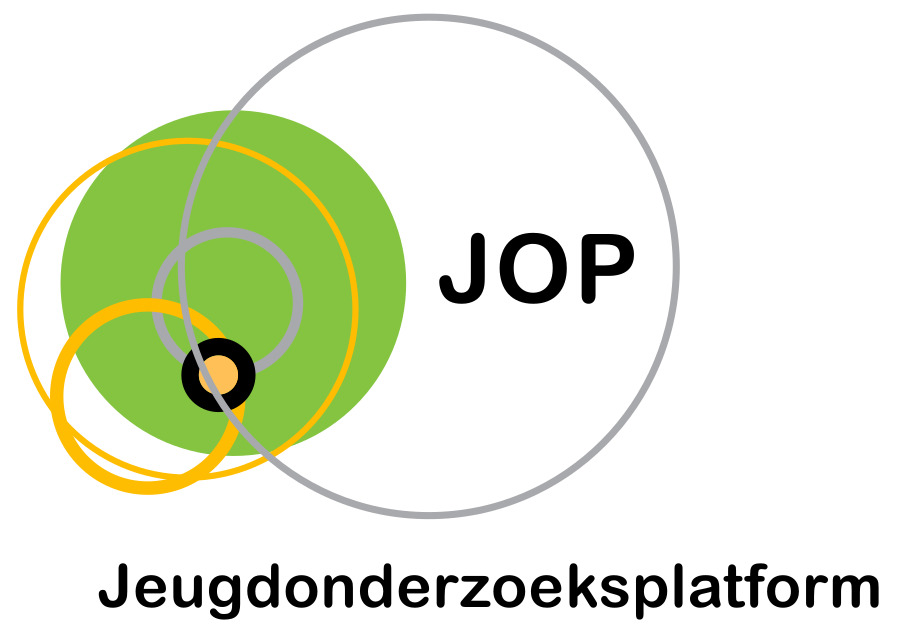#(Me)too much? The role of sexualizing online media in adolescents’ resistance towards the me too-movement and acceptance of rape myths.
Auteurs
Maes, C., Schreurs, L., van Oosten, J. M. F., & Vandenbosch, L. (2019).

Abstract
De huidige studie gaat in op de wijze waarop seksualiserende online mediapraktijken, zoals de blootstelling aan seksueel expliciet internetmateriaal en het ontvangen van negatieve feedback over het uiterlijk op sociale media, verbonden zijn aan het accepteren van seksistische attitudes bij adolescenten. Meer specifiek, breidt dit onderzoek eerder onderzoek uit over het accepteren van verkrachtingsmythes door een construct te verkennen at verbonden is aan deze overtuigingen; de weerstand tegen de MeToo-beweging. Deze studie is gebaseerd op een cross-sectionele papierenvragenlijst bij 568 Vlaamse adolescenten (15 tot 18 jaar oud, Mleeftijd= 16.4, SD= . 98, 58.3% meisjes) dat adolescenten hun seksualiserende online mediagebruik meet, hun seksistische attitudes en objectiveringsprocessen. De resultaten tonen dat blootstelling aan seksueel expliciet internetmateriaal, maar niet het ontvangen van negatieve feedback op het uiterlijk op sociale media, verbonden was een weerstand ten aanzien van de MeToo-beweging en het accepteren van verkrachtingsmythes door middel van noties van vrouwen als seksobjecten. Zelf-objectivering functioneert niet als geldige mediator van de onderzochte relaties. Gender en zelfvertrouwen modereerden de voorgestelde relaties niet. De bevindingen onderlijnen de rol van mediagebruik in de manier waarop adolescenten hun seksistische overtuigingen en, meer precies, hun overtuigingen over hedendaagse acties om seksisme te bestrijden, zoals de MeToo-beweging. De huidige studie toont dat seksuele objectivering gevoed door seksueel expliciet internetmateriaal, mogelijks resulteert in minder positieve attitudes en meer weerstand ten aanzien van de beweging.
The current study addresses how sexualizing online media practices, i.e., exposure to sexually explicit internet material and receiving negative appearance feedback on social media, relate to the acceptance of sexist attitudes among adolescents. Specifically, it extends previous research on the acceptance of rape myths by exploring a construct related to these beliefs, i.e., resistance towards the MeToo-movement. The study is based on a cross-sectional paper-and-pencil survey among 568 Flemish adolescents (15–18 years old, Mage = 16.4, SD = .98, 58.3% girls) that measured adolescents’ sexualizing online media use, sexist attitudes and objectification processes. The results showed that exposure to sexually explicit internet material, but not receiving negative appearance feedback on social media, was related to more resistance towards the MeToo-movement and the acceptance of rape myths through notions of women as sex objects. Self-objectification did not function as a valid mediator in the examined relations. Gender and self-esteem did not moderate the proposed relations. The findings underline the role of media use in how adolescents develop sexist beliefs and, more precisely, beliefs about contemporary actions to combat sexism, i.e., the MeToo-movement. The present study showed that sexual objectification fueled by sexually explicit internet material may result in less positive attitudes and, thus, more resistance towards this movement.
Referentie
Maes, C., Schreurs, L., van Oosten, J. M. F., & Vandenbosch, L. (2019). #(Me)too much? The role of sexualizing online media in adolescents’ resistance towards the me too-movement and acceptance of rape myths. Journal of Adolescence, 77, 59– 69.
Taal
Engels
Publicatievorm
Tijdschriftartikel
ISBN – DOI
https://doi.org/10.1016/j.adolescence.2019.10.005
Trefwoord(en)
Expliciet seksueel internetmateriaal, sociale media, objectivering, #Metoo, rape myth acceptance, adolescentie
